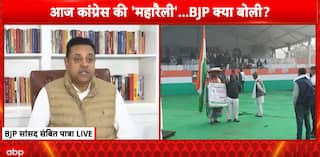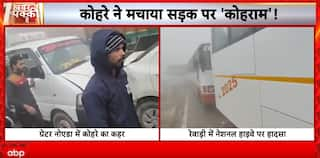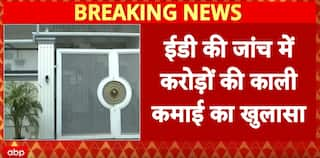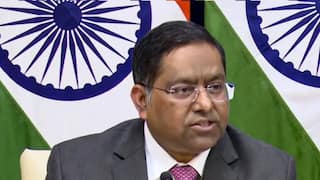GST Council To Consider 18% Tax On Payment Aggregators For Transactions Up To Rs 2,000: Report
The ultimate decision regarding the matter will be made during the 54th meeting of the GST Council meeting, which will be chaired by Finance Minister Nirmala Sitharaman

The Goods and Services Tax (GST) Council is contemplating introducing an 18 per cent GST on payment aggregators (PAs) for small digital transactions valued up to Rs 2,000. This proposed tax would apply to transactions conducted via debit and credit cards, according to a report from CNBC-TV18.
This proposal is set to be reviewed during the GST Council's forthcoming meeting scheduled for September 9.
Payment aggregators, which facilitate online payments for businesses by processing customer transactions, could soon be subject to this new tax. The GST fitment committee, which comprises revenue officials from both the central and state governments, has suggested that PAs should be taxed in this manner. The committee argues that, unlike banks, payment aggregators function as intermediaries in card transactions and thus should be liable for GST.
The ultimate decision regarding the matter will be made during the 54th meeting of the GST Council meeting, which will be chaired by Finance Minister Nirmala Sitharaman.
According to information provided by a source in the publication, small businesses that handle a large volume of low-value transactions on a daily basis might face negative consequences if the GST Council decides to proceed with the proposed changes.
This potential negative impact is due to payment gateways being expected to transfer the additional financial burden resulting from the new GST measures onto merchants and small business owners.
Currently, payment aggregators charge merchants 0.5 per cent to 2 per cent per transaction. However, if the GST is introduced, these aggregators are anticipated to pass on this extra cost to merchants, thereby increasing their expenses.
Currently, payment aggregators are not required to collect GST on transactions below Rs 2,000. This exemption applies to various forms of digital payments, including QR codes, point-of-sale (POS) machines, and net banking transactions.
It is also important to note that the exemption from service tax for transactions under Rs 2,000 was implemented in 2016, following the demonetisation of Rs 500 and Rs 1,000 notes.
ALSO READ | Buyer Pays More Than 50% In Taxes On SUVs In India. Post Goes Viral In X, Ignites Debate






































